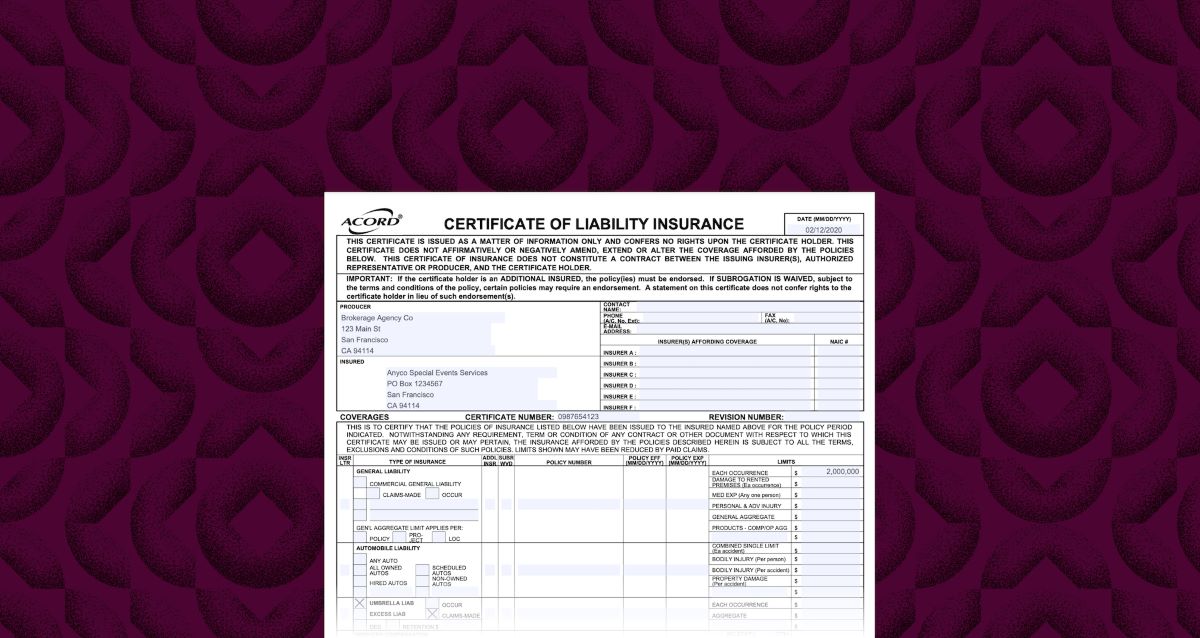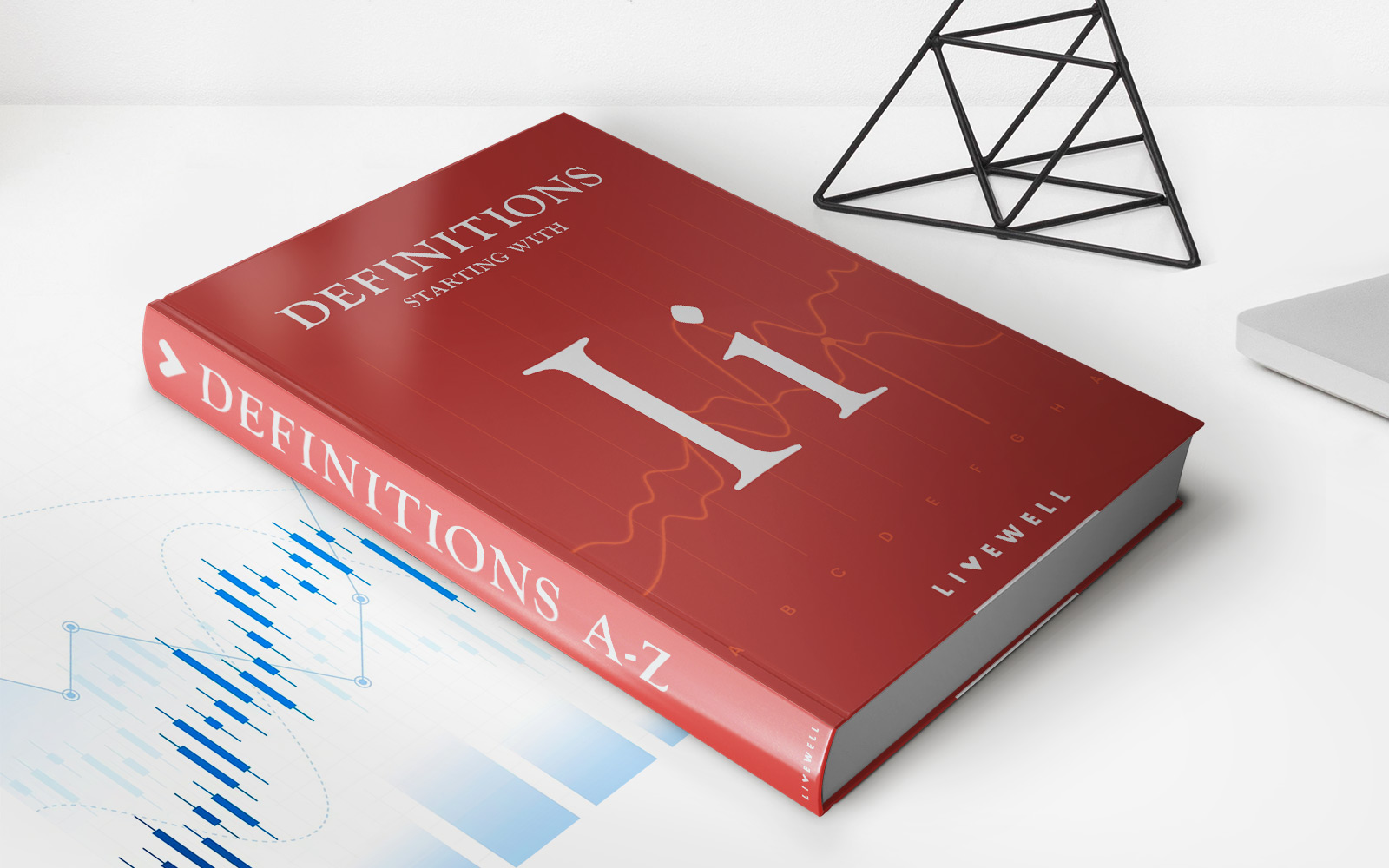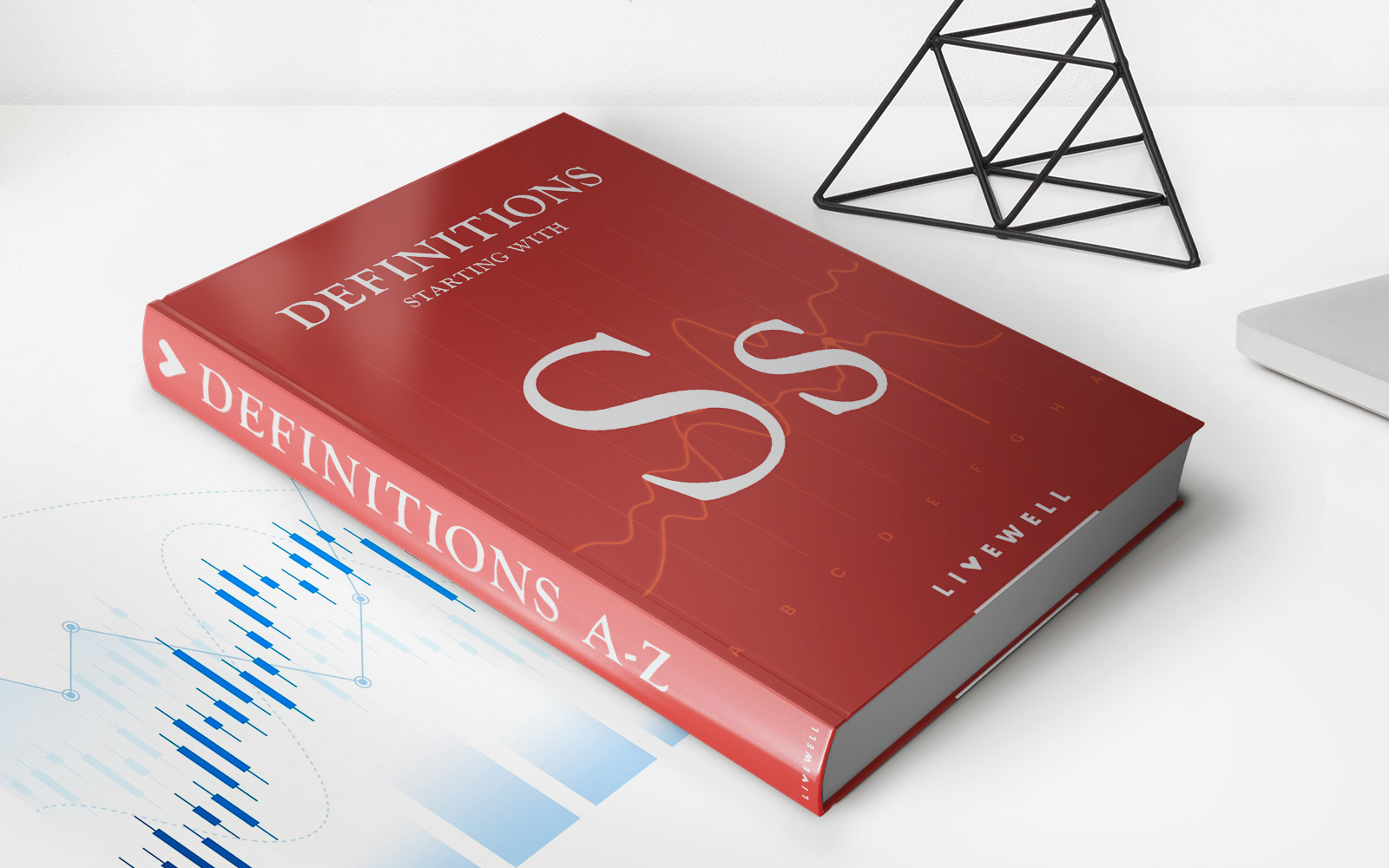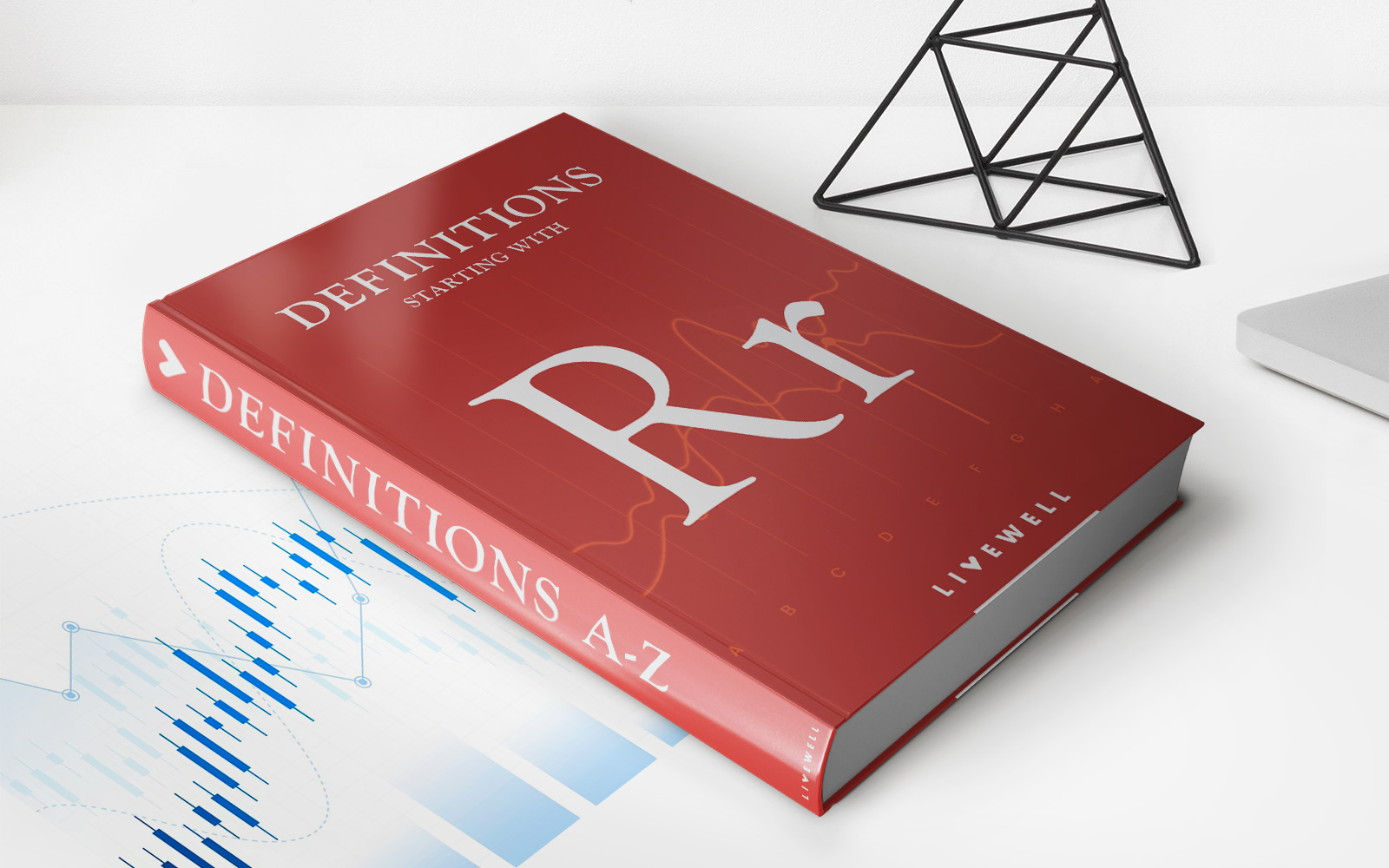Home>Finance>What Information Is Needed For A Home Insurance Quote?


Finance
What Information Is Needed For A Home Insurance Quote?
Modified: December 30, 2023
Find out what information you need to provide to get a home insurance quote. From personal details to property specifics, we'll guide you through the finance process.
(Many of the links in this article redirect to a specific reviewed product. Your purchase of these products through affiliate links helps to generate commission for LiveWell, at no extra cost. Learn more)
Table of Contents
Introduction
When it comes to protecting your home, having the right insurance coverage is essential. Home insurance provides financial security in the event of unexpected incidents such as fire, theft, or natural disasters. However, before you can obtain a home insurance quote, the insurance company will require some information from you.
Understanding what information is needed for a home insurance quote can help streamline the process and ensure that you receive accurate and personalized quotes. In this article, we will guide you through the essential details that insurers typically require during the quote process.
Keep in mind that each insurance company may have slight variations in the information they request. However, the following sections will provide a comprehensive overview of the key information needed to obtain a home insurance quote.
By gathering the necessary details in advance, you can make the quote process smoother and help insurers provide you with the most accurate and competitive rates.
Now, let’s dive into the specific details that insurers typically require to generate a home insurance quote.
Personal Information
When requesting a home insurance quote, the first step is to provide your personal information. This includes details about yourself and any other individuals who will be listed on the policy.
Here are some of the personal information commonly required:
- Name and contact information: You will need to provide your full name, address, phone number, and email address.
- Date of birth: Your date of birth is necessary for the insurer to determine your age and calculate risk.
- Occupation: Insurers may ask for your occupation as it can influence the level of risk associated with your home.
- Marital status: Whether you are single, married, or in a domestic partnership can impact your insurance rates.
- Credit score: While not always mandatory, some insurance companies may request your credit score to assess your financial stability.
Providing accurate personal information is crucial, as any discrepancies could affect the accuracy of the quote and may lead to issues during the claim process. It’s important to double-check the details to ensure they are correct before submitting the quote request.
Additionally, if you have any security systems or safety features installed in your home, such as burglar alarms, smoke detectors, or sprinkler systems, make sure to mention them, as they can potentially qualify you for discounts on your policy.
Now that we have covered the personal information required for a home insurance quote, let’s move on to the next section—property information.
Property Information
When obtaining a home insurance quote, providing accurate and detailed information about your property is crucial. Insurers will assess the property’s characteristics and potential risks to determine the appropriate coverage and pricing.
Here are the key details regarding your property that insurers typically require:
- Address: You will need to provide the complete address of the property you want to insure.
- Type of property: Specify whether it is a house, condominium, townhouse, or mobile home, as each property type comes with unique risks and coverage requirements.
- Age of property: Insurers consider the age of the property, as older homes may have different risks and maintenance requirements.
- Construction materials: Specify the materials used in the construction of your home, such as wood, brick, or concrete, as they can impact the property’s vulnerability to certain perils.
- Home size: Provide the square footage or number of rooms in your home.
- Security features: Mention any security features in place, such as deadbolt locks, window bars, or a security system, as they can potentially lower your insurance premium.
- Proximity to emergency services: The distance to the nearest fire station or hydrant can affect the insurer’s assessment of the property’s fire risk.
In addition to these details, insurers may also inquire about any previous claims you have made on the property and any existing damage or issues. It’s important to provide accurate and transparent information to avoid complications during the claim process.
By providing comprehensive and honest property information, you enable insurance providers to assess the risks associated with your home adequately. This allows them to offer you the most accurate and appropriate coverage options.
In the next section, we will discuss the various coverage options available for home insurance quotes.
Coverage Options
When obtaining a home insurance quote, one of the most important aspects is selecting the right coverage options to protect your property and belongings. Insurance companies offer different types of coverage, and understanding these options will help you make informed decisions.
Here are some common coverage options to consider:
- Dwelling coverage: This covers the structure of your home, including the walls, roof, and foundation. It provides financial protection in case of damage due to covered perils, such as fire, windstorms, or vandalism.
- Personal property coverage: This protects your belongings, such as furniture, electronics, and clothing, from damages or theft. It’s essential to estimate the value of your personal property accurately to ensure adequate coverage.
- Liability coverage: Liability coverage protects you financially if someone is injured on your property and sues you for damages. It can also cover legal expenses in such cases.
- Additional living expenses: This coverage helps with temporary living expenses if your home becomes uninhabitable due to a covered loss. It can cover hotel bills, meals, and other necessary costs during the repair or rebuilding process.
- Medical payments coverage: This covers medical expenses if a guest is injured on your property, regardless of fault. It can help cover immediate medical costs without the need for a lawsuit.
It’s important to review the coverage options and consider your specific needs. For example, if you live in an area prone to floods or earthquakes, you may need to purchase additional coverage for those specific risks.
Once you have decided on the coverage options, you will need to determine the coverage limits—the maximum amount the insurance company will pay for a covered claim. Make sure to review and understand the policy terms and limits to ensure you are adequately protected.
Now that we have discussed the different coverage options, let’s move on to the next section—additional details that may be required for a home insurance quote.
Additional Details
When obtaining a home insurance quote, there may be additional details that insurers require to accurately assess the risk associated with your property. These details help insurance companies determine the appropriate premium and coverage options for your specific situation.
Here are some additional details that insurers commonly request:
- Prior claims history: Insurance companies may ask about any previous home insurance claims you have made. This helps them evaluate the risk associated with your property.
- Pets: Some insurers may inquire about the type and breed of pets you have, as certain breeds may be associated with higher risk or liability concerns.
- Swimming pool or other amenities: If your property has a swimming pool, hot tub, or other amenities, insurers may ask for details. These features can impact your liability and require specific coverage.
- Home-based business: If you run a business from your home, you may need additional coverage to protect your business assets and liability.
- Updates or renovations: If you have recently made updates or renovations to your home, such as a new roof or upgraded electrical system, insurers may ask for details. These updates can potentially qualify you for discounts.
Providing accurate and thorough information regarding these additional details is essential in order to receive an accurate home insurance quote. It’s important to disclose all relevant information to avoid any potential issues or disputes in the future.
Insurance companies may also consider factors such as your claims history, credit score, and insurance score when determining your rates. These factors help them assess the level of risk associated with insuring your property.
By providing all the necessary information, you contribute to a seamless and accurate quoting process, ensuring that the insurance company can offer you the most appropriate coverage options and rates.
Now that we have covered the additional details typically required for a home insurance quote, let’s move on to the next section—comparing quotes and making an informed decision.
Comparison and Quotes
Once you have provided all the necessary information, you can start comparing home insurance quotes to find the best coverage and rates for your needs. Here are some steps to follow during the comparison process:
- Get multiple quotes: Reach out to multiple insurance companies to obtain quotes. This allows you to compare the coverage options, deductibles, and premiums offered by different insurers.
- Review the coverage: Carefully review the coverage details of each quote. Make sure the policies cover the specific risks that are most important to you, considering factors such as property damage, liability, and personal belongings.
- Consider deductibles: Assess the deductibles associated with each quote. A deductible is the amount you must pay out of pocket before the insurance coverage kicks in. Choosing a higher deductible can lower your premium but means you’ll pay more in case of a claim.
- Check for discounts: Look for any available discounts that insurers offer. Common discounts include bundling your home and auto insurance, having home security systems, or being a non-smoker. These discounts can help reduce your premiums.
- Read reviews and check ratings: Research the reputation and financial stability of the insurance companies. Read customer reviews and check their ratings to ensure that you choose a reliable and trustworthy insurer.
- Consult an insurance agent: If you are unsure about certain aspects of the quotes or need clarification, consider consulting with an insurance agent. They can provide expert guidance and help you make an informed decision.
Remember, the cheapest quote may not always be the best option. Consider the coverage provided, customer service reputation, and overall value when comparing quotes.
Once you have reviewed and compared the quotes, you can make an informed decision about which policy is the best fit for your needs. Contact the chosen insurance company to proceed with finalizing your home insurance policy and make the necessary payment.
Keep in mind that it is a good practice to review your home insurance coverage annually or when there are significant changes to your property. This ensures that your coverage remains adequate and up to date.
Now that you understand the steps for comparing quotes, let’s move on to the concluding section of this article.
Conclusion
Obtaining a home insurance quote requires providing specific information about yourself, your property, and your coverage preferences. By understanding what information is needed and being prepared to provide accurate details, you can streamline the process and receive accurate quotes that meet your insurance needs.
Remember to provide personal information such as your name, contact details, and occupation. Additionally, be ready to share property information including the property type, age, construction materials, and security features. You may also need to provide details about any prior claims, pets, amenities, or home-based businesses.
Consider the various coverage options available, such as dwelling coverage, personal property coverage, liability coverage, and additional living expenses. Determine the coverage limits that suit your needs and review any discounts that may be available to you.
Take the time to compare quotes from multiple insurance companies, review the coverage details, consider deductibles, and check for discounts. It’s also important to research the reputation and financial stability of the insurance companies before making a decision.
By following these steps and being meticulous in your comparison, you can make an informed decision and select the home insurance policy that provides the right coverage at a competitive price.
Remember, home insurance is not just a requirement but an essential financial protection for your home and belongings. It provides you with peace of mind and security against unexpected events.
Keep in mind that the information required for a home insurance quote may vary slightly among different insurance providers. However, the fundamental details outlined in this article should give you a solid foundation for obtaining accurate and personalized quotes.
Take the time to review your insurance needs regularly and make adjustments as necessary. Whether it’s a new purchase, renovations, or changes in your property or lifestyle, updating your home insurance coverage ensures that you are adequately protected.
Now that you are equipped with the knowledge of what information is needed for a home insurance quote, you can confidently approach the quoting process and protect what matters most—your home and your peace of mind.














